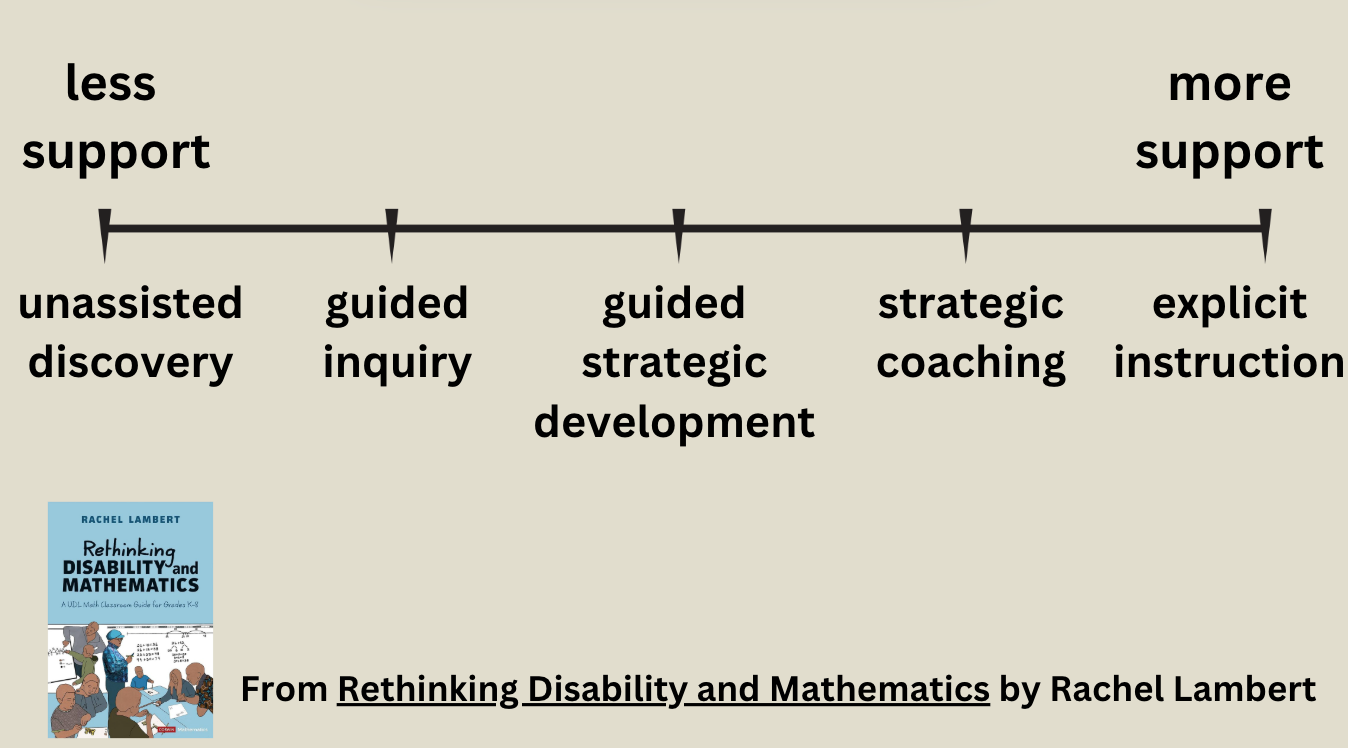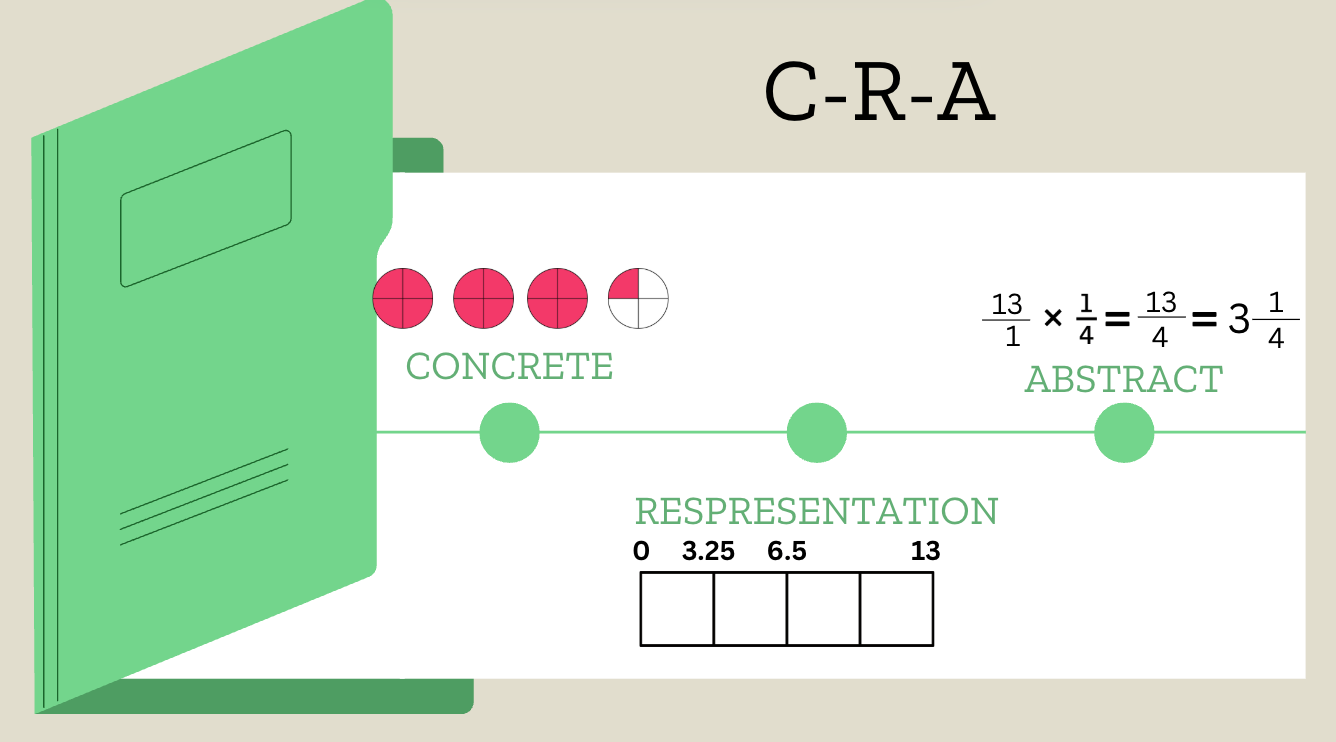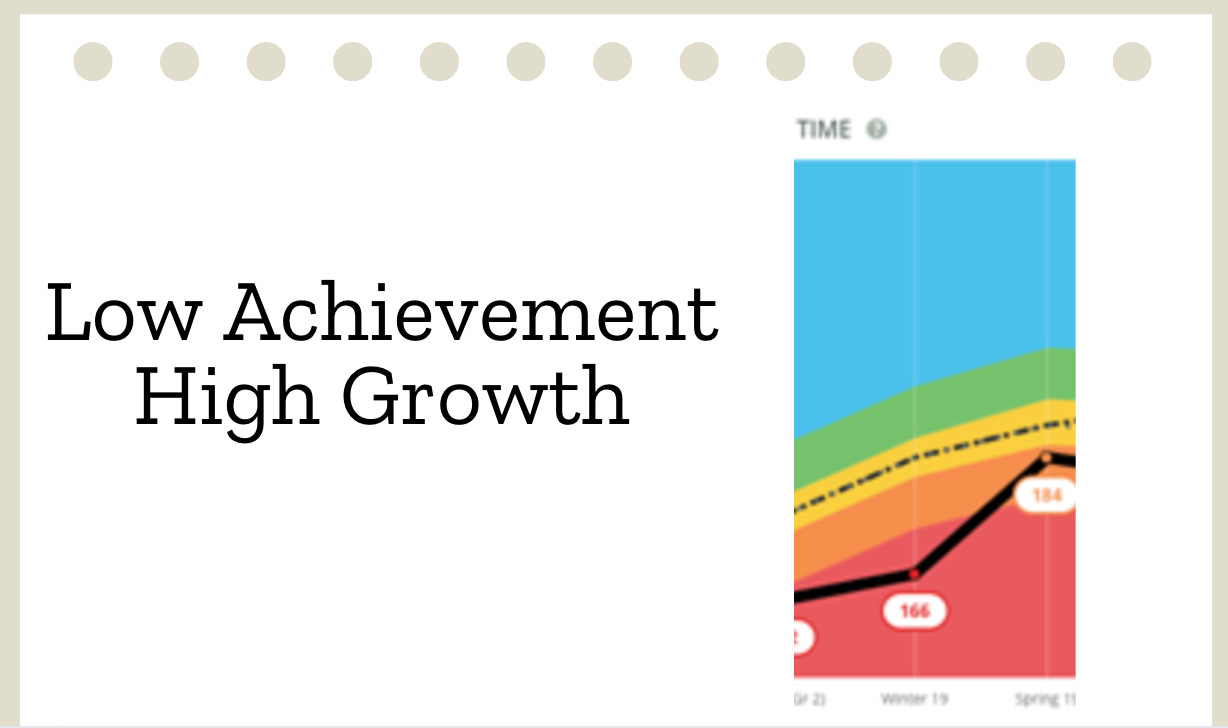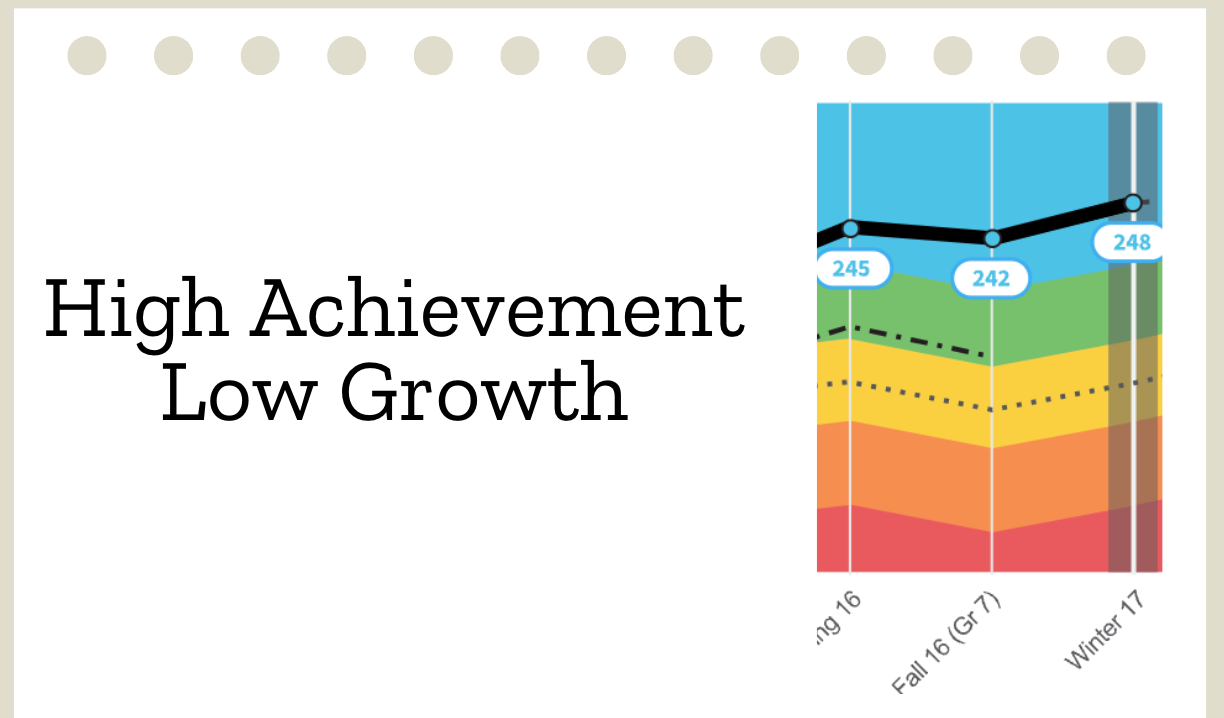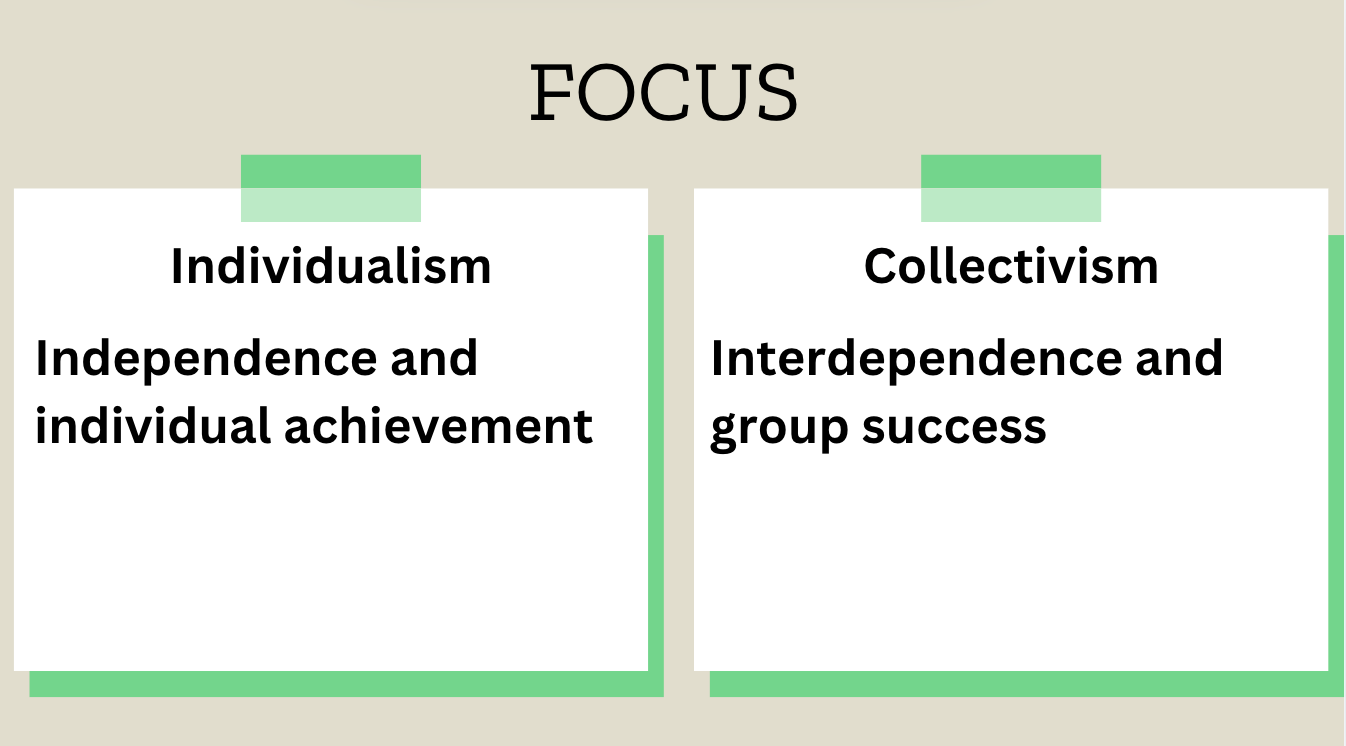What is Success in Math?
Is success about achievement? growth? effort? accuracy? efficiency? attitude? flexibility? something else?
With many things in education I think there is an assumption that we are all defining things the same when the reality is we have wildly different definitions. It sounds so simple to define “success.” We say it almost in an offhand way, “well, you know, I want students to be successful,” and everyone nods and agrees. But what you mean when you say that? Does it match what I’m thinking as I nod?
Is success about achievement? growth? effort? accuracy? efficiency? attitude? flexibility? something else?
In a quest for the answer, I went to (where else) YouTube. I searched for “success in math” and put together a compilation of clips I found. I think these clips illustrate just how all over the place we are in thinking about success in math.
There’s a game I like to play with students called “Petals Around the Rose.” You roll 5 dice and students have to figure out the pattern I am using to come up with the score. I keep repeating the line, “The name of the game is Petals Around the Rose and the name of the game is important.” Students raise their hand to offer their guesses of the score and you just let them know if they are right or wrong, no sharing of strategies. Eventually students start to realize that the center dot (pip) is the “rose” and you count any pips around a center pip as petals. So rolling a 5 gives you 4 petals, rolling a 4 has no center pip, so it’s zero.
The point of this game is to figure out how I’m getting the score. If success was just about “getting the answer,” there is a way faster way to get to that outcome. I could tell you how to find the score before we play. But the purpose of this game is to look for patterns, not just get the answer. So, success here is about something beyond “getting the right answer,” it’s more aligned with Math Practice 8: “Look for and express regularity in repeated reasoning.”
But getting the right answer is important. So what’s the balance? How do we define success? I love the part of Rachel Lambert’s book, Rethinking Disability and Mathematics where she talks about it not being a binary choice how we teach math. We can think of it as a continuum where we access the approach right for the lesson, sometimes even going between these approaches in a single lesson! In Petals Around the Rose, explicit instruction would not be a good choice. Guided inquiry allows for students to notice and make sense of the pattern.
So maybe we don’t need the Math Wars after all. There is a place and space for more explicit instruction and also room for a more guided inquiry approach. Both can lead to success… but, still, what is success?
Perhaps you have had an experience with a student where they can get a correct answer but have no idea if it makes sense or why it works? Maybe they can use an algorithm to multiply 13 times 1/4 and get three and one fourth. But when asked to draw a picture or use a tape diagram to represent the problem, they don’t have that flexibility. So maybe success means students have flexibility with their understanding. They are able to see things concretely, represent it, and do it more abstractly.
Another aspect of success often surfaces when looking at benchmark testing scores. Are students successful if they have high achievement or high growth? Do they need both? Perhaps you’ve seen either of these situations:
Are either of those above students successful? When I’ve shared these graphics with educators we all nod and agree, lots of growth is worth celebrating! High achievement is great and it’s hard to show growth when you are at that level. But I don’t know if we all agree if they are successful?
Another aspect of success that I’ve noticed educators differ on opinions is how we value individual vs collective success. If you’ve read Culturally Responsive Teaching and the Brain by Zaretta Hammond, you are familiar with the difference between Individualism and Collectivism. Depending on which you value more, it will influence your own definition of success.
Based on research by Geert Hofstede, the United States ranks pretty high on their index indicating a higher importance placed on the individual. So, often, in the U.S., individual achievement is associated with success. But perhaps collectivism is something you value, or maybe it’s more valued in the culture of some or many of your students? There is more than one way of being, and recognizing and appreciating that is part of being culturally responsive.
While I don’t think this post has helped reign in a collective definition of success, I hope it helps illuminate just how many different ways we can define success. And, how important it is to calibrate a team, group, or stakeholders around a definition before we assume we are all speaking about the same thing when we talk about success in math.
Each group is going to be thinking about different factors and prioritizing different aspects of success. Coming together on a common vision and definition can be powerful to truly make meaningful progress towards “student success.”




